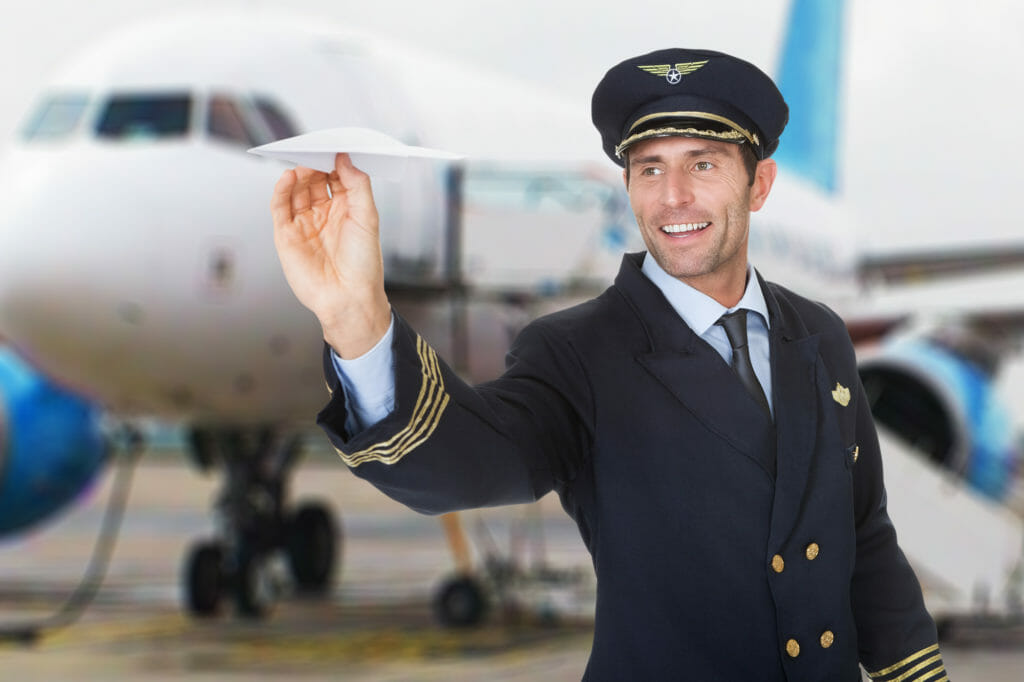
It was August, 1966. I had 180 hours in my little black log book. The ink wasn't even dry on my instrument ticket but I was headed to Kansas City, Missouri to be interviewed for a “flight officer” position at Trans World Airlines. If I survived the stare down of the captain-interviewers, I would be given a physical and considered eligible for hire as a pilot for TWA.
The night before the interview my mind was racing as I thought about the recent whirlwind of commercial/instrument training that had just spit me out. Now, I was to be interviewed for my airline dream job.
In 90 days, I had trained for and completed my private pilot's license, my commercial and my instrument ratings at the old Flight Safety training academy at San Carlos airport. After passing my instrument ticket check ride, I was sure if I ever had to do a missed approach out of an ILS approach as part of the hiring procedure, I would screw it up. But as it turned out, in those days, they didn't require a simulator check to be hired. After all, how could they expect a 180 hour pilot to pass a sim check in a 707 full-motion simulator when all he'd had in his sweaty little hand was a throttle to make that Cessna top out at a measly 100 knots?
I remember not sleeping the night before the interview. I got up early walked around the corner and stared wide-eyed at the TWA training center at 12th and Baltimore streets in Kansas City. In my wildest dreams, I couldn't imagine being here and soon I would cross the threshold into that building and be considered for a pilot position at one of the premier airlines of its day. It also happened to be my first-choice employer.
When I walked into the TWA lobby, the receptionist smiled at me and told me to take a seat. The reception area had 15 or 20 straight back chairs arranged around its perimeter. Every chair was filled with a guy who looked like every other guy; dark suit, white shirt with a dark tie, and glossy black shoes. You know the look. I thought the secretary must be having a good laugh, watching guys like me sitting straight as a stick, well composed, looking dead-ahead, square jawed.
After a few minutes, I struck up a conversation with the guy on my right. He told me he had just returned from a tour in Vietnam. I asked him what he had flown over there and he answered, “Caribous.” I asked him how many hours he had. “About 3000,” he replied. I thought, What the heck am I doing here? If I sneak out now, maybe I can make the noon flight back to SFO. Except my return ticket isn't good until tomorrow. Okay, stay with it. I'm here now. Give it my best shot.
Then the Caribou driver pointed out another guy across the room and said, “That’s a buddy of mine over there. He was in ‘Nam with me, flew twin Otters, doesn't have as much time as me, only a couple thousand hours.” Only a couple thousand hours! You're killin' me! Give me a break!
At this point, I really started to sweat. I tried to calm myself. I didn't want to go into the interview, smelling like a goat, and ruin one of the two white shirts I had brought with me; one for today and the other for the physical tomorrow.
Every time one of the office doors would open, a captain would stick his head out and call one of our names. As each suit filed separately into and out of one of the two interview offices, I could peer down the hallway. I noticed some of the guys were directed into a room on the left and some were directed to another on the right. I concluded that the guys with the most flight time were in the room on the right, and the room on the left held guys like me – the imposters, the wannabes, the rejects.
I was certain I was going to be herded out of the interview and into the room on the left with the other “untouchables!” Though I tried to not let my mind go there, I couldn't help myself. Just as I was trying to figure out how to slip out of the office without the receptionist noticing me, one of the captains came out of an office and called, “Mr. Botta?” That was it. I cinched up my skinny tie, patted down the lapels of my confirmation suit, walked into the office, and as I had read I should, I waited for the captain to invite me to sit down.
The captain immediately made me feel like I belonged there, which confused me. Why would he do that if he was only going to herd me out of his office and into the reject room? I thought, Oh well, I'm here, may as well see if I can compensate for my lack of flight time by being a really nice guy. He asked me a bunch of questions about flying, aerodynamics, weather, why I wanted to work for TWA, what kind of movies did I like, did I like girls, what I studied in college ¬– those kinds of questions. (The girl-question wouldn’t fly these days.) He didn't bother to ask me about my flying time. Why the heck would he? It wasn't enough to make any difference! He was probably just being nice so I would say something complimentary about TWA on my return flight home.
Then he asked me a big one, “Why do you think you're qualified to fly for TWA with a Social Science degree? How do you think a Social Science degree prepared you to fly airplanes?” I can't remember what I told him but I stumbled through the rest of my answers, giving it my best shot with each one. I remember thinking, Man, I wish I had stuck with that mechanical engineering program at San Francisco State, even though I hated engineering. By the end of the interview, I was thinking I had done pretty well but probably not nearly well enough to make up for my measly 180 hours.
After a few more questions, the captain stood up, shook my hand and said, “Thanks for coming, Mr. Botta.” It was way too formal, too polite. If I were hired, he would be giving me a hug or something, right? Then he opened the door, pointed down the hall to the door on the right and added, “Good luck, son.” Oh well, at least they gave me a round trip ticket. They serve booze on the flight so I can get hammered on the way home with the other West Coast losers.
I walked about twenty feet down the hallway, hesitated for a second, then opened the door and sat down. I looked around to see about five guys sitting there. One asked, “How'd you do?” I said, “I have no idea, man. It seemed to go pretty well.” Then I offered what I thought was my best rationale for not getting hired, “I was up against all you guys with thousands of hours. How did you expect me to get hired?”
Looking puzzled, he said, “Wait a minute, buddy. You do know we're the new hires right?” I looked at him and said, “What!? You gotta be kidding me! Are you sure?” Emphatically, he says, “Yeah, the other guys got escorted out of that other room and they're down in the lobby, waiting for a ride to the airport!” I started laughing, but I could feel my eyes overflowing with tears of joy.
At that moment I knew I could make it through the physical because my pulse was now back to something less than a hummingbird's and I still had a clean white shirt.
Little did I know it would take me twenty-three years to upgrade to captain owed to a host of industry and corporate setbacks. But nothing detracted from the sheer joy of getting paid to fly airplanes, travel to countries I had only read about, and be part of an aviation family that continually reminds me of the existence I was blessed to live for the better part of my life. Though things didn't go as planned, I finally found my own version of The Right Stuff. It was still the best job this guy could have – to be paid for never having to work a day in his life.
Bert is a retired TWA & NetJets captain. He writes about aviation and is published in many aviation industry magazines. He’s also a mentor/coach for next generation airline pilots. ACN
























































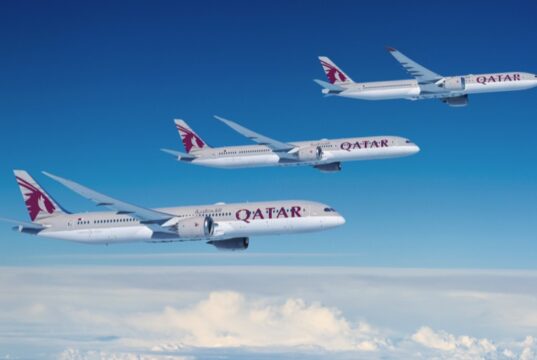
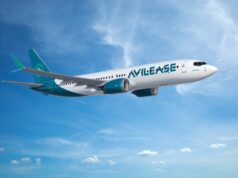

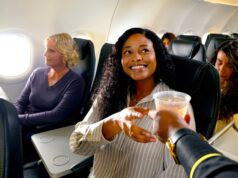
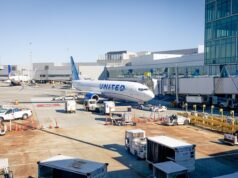
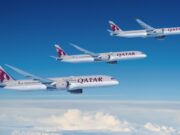
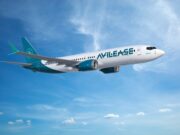
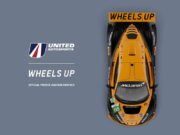
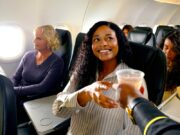
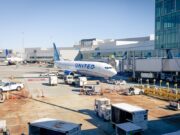













































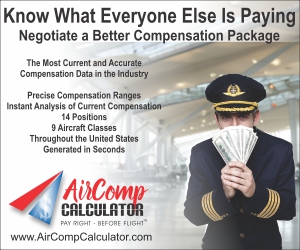



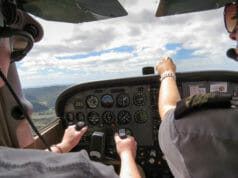
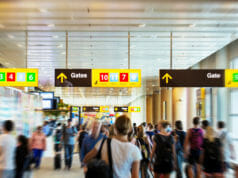



As a 61yr old commercial pilot , I’m trying to get back in the game after many years of not flying ! I left back in the day when pay was equal to fast food employees. I’m being encouraged by friends that are flying big Boeings and corporate jets but I have to admit that I’m a bit intimated by all these young people that I will have to compete with ! I can only give a 121 airline 4 yrs ( unless they change the rules ) why the he’ll would they want me ! Now don’t get me wrong I have had some places say they would give me a shot because of my age ! Needless to say I’m a little disappointed that I could of had a great career and been ready to retire instead of trying to play catchup now on aircraft that are computerized . Anybody out there in the same boat ? Guess I’m apprehensive about the whole thing blame it on age and feet of clay !